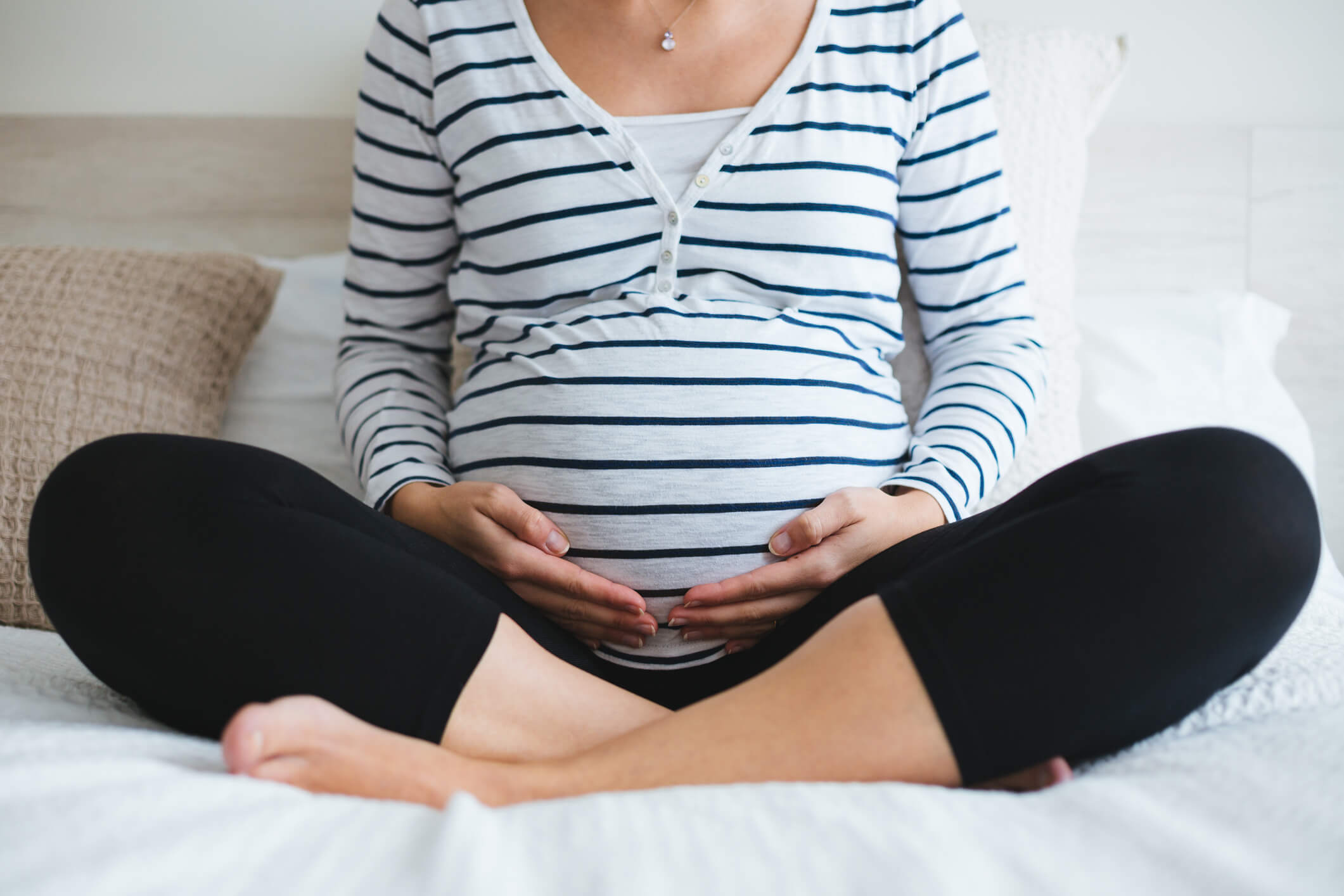-
Over the past few decades, the prevalence of allergies has risen sharply, not only in Australia but around the world. Although genetics are the main factor in developing food sensitivities, recent research suggests that a mother’s diet throughout pregnancy may also play an important role in the prevention of food allergies in your baby.
The underlying theory is that good gut health plays a key role in improving your immune function and preventing infections. This in turn leads to a strengthened immune system that can be passed on to your baby.
Here are three key strategies that are believed to reduce the risk of your baby developing allergies.
1. Enjoy common allergens throughout your pregnancy
Contrary to past recommendations, avoiding potential allergens during pregnancy such as peanuts, eggs or shellfish may impact your nutritional intake while having no effect on the likelihood of your child developing an allergy. In fact, mothers-to-be are now encouraged to enjoy a varied and nutritious diet throughout their pregnancy.
MORE: Good nutrition during pregnancy
2. Improve your gut health
Recent research suggests that good gut health, particularly an increased amount of good bacteria in your bowel, may play a key role in improving your health. These good bacteria are then passed on to your baby during labour and breastfeeding.
One of the best strategies for improving your gut flora is to increase your dietary intake of prebiotics and probiotics:
- Prebiotics are foods that stimulate the activity of beneficial bacteria already in your gut. Prebiotic foods include grains, vegetables and fruits.
- Probiotics are live bacteria which survive the journey through your intestines without being digested by strong stomach acids. When these bacteria reach your bowel they are then able to proliferate, boosting their numbers and improving your gut health. Probiotics can come in the form of yoghurts containing live bacteria and bacteria-containing supplements.
MORE: A guide to good guts
3. If possible, opt for a natural birth and breastfeed
Research suggests that more good bacteria are transferred to your baby when a mum has a natural labour than by Caesarean section. Breast milk also contains good bacteria, which help to strengthen your little one’s immune system. International recommendations to breast-feed infants exclusively for the first four to six months of life are well accepted and it is believed that breastfeeding for this period of time optimises immunity and the prevention of food allergies. If you’re unable to breastfeed, it is recommended that you choose a formula which contains good bacteria.
By ensuring you take opportunities to improve the balance of good gut bacteria, you can enhance your immunity and help your newborn too.
Listen now for how to treat non-food allergies in children.
Want to reduce your baby’s risk of food allergies?

-
Avoiding cold and flu during pregnancy
During pregnancy, women are at an increased risk of experiencing complications from the flu. Make sure you understand what steps you can take to help keep you and your baby healthy.
-
Choosing childcare that fits your family
Here’s what you need to know when choosing childcare
-
How to avoid 'dad bod'
How to keep fit and healthy with a new baby in the house
-
Expecting a baby during COVID-19
We address some common questions you may have.
-
How your extras can help during pregnancy
Use your cover to stay healthy
-
Pregnancy self-care essentials
Obstetrician Dr Chris Russell shares some advice.
Subscribe to receive the best from Live Better every week. Healthy recipes, exercise tips and activities, offers and promotions – everything to help you eat, move and feel better.
By clicking sign up I understand and agree to Medibank's privacy policy






